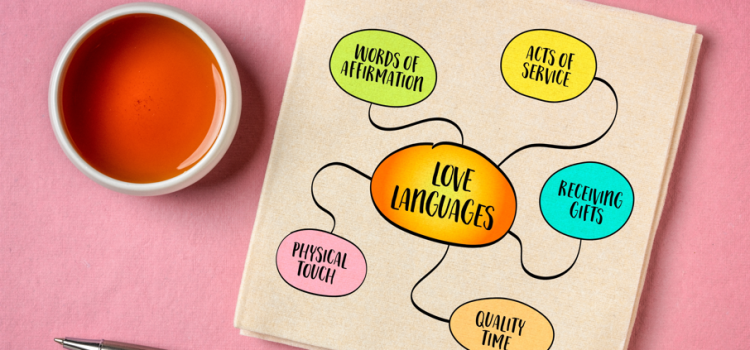How do you show love through physical contact? According to Gary Chapman’s concept of love languages, people who speak physical touch as their primary love language feel most loved through physical contact—the key is learning your partner’s specific preferences. Physical touch isn’t one-size-fits-all, and understanding what your partner enjoys (and doesn’t enjoy) makes all the difference. Here’s what Chapman has to say about it in his book The 5 Love Languages.
Physical Touch Love Language: How to (& Not to) Show Affection










